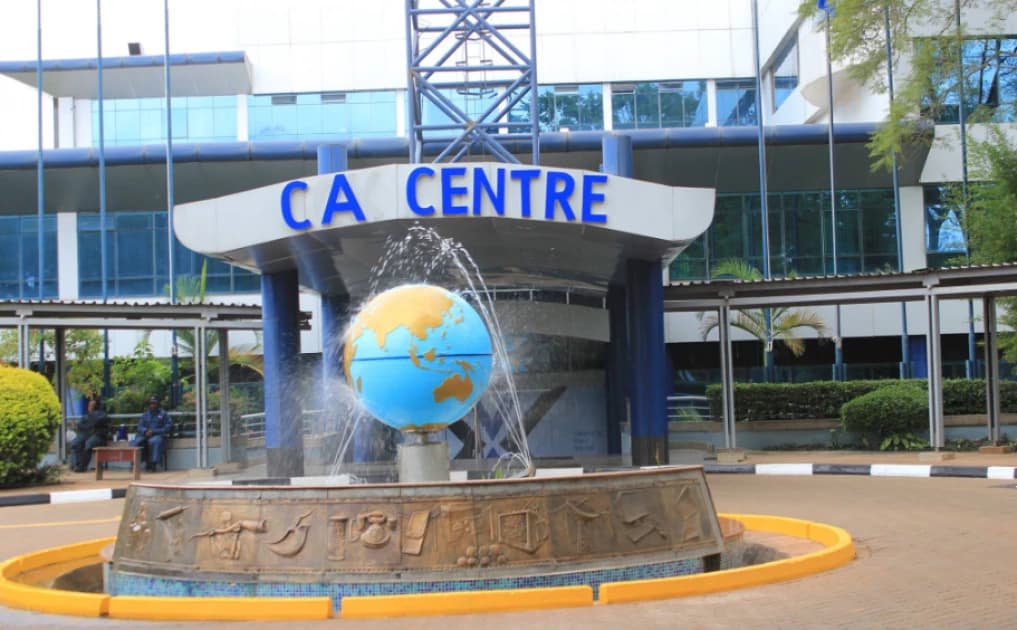We're loading the full news article for you. This includes the article content, images, author information, and related articles.
In a landmark victory for press freedom, the High Court has declared the government's attempt to block live coverage of protests unconstitutional, safeguarding the public's right to see events as they unfold.

The High Court has decisively struck down the government's directive to ban live media coverage of protests, ruling the move illegal and unconstitutional in a judgment that reaffirms Kenya's democratic principles. The decision, delivered on Thursday, effectively dismantles the state's power to order a media blackout during moments of civil unrest.
This ruling is a direct response to the Communications Authority of Kenya's (CA) order on June 25, 2025, which compelled all television and radio stations to cease live broadcasting of nationwide demonstrations. The government's action, which saw the free-to-air signals of major stations like NTV and KTN cut, was justified by the CA as necessary to prevent chaos, but critics immediately decried it as a tactic to hide state excesses and police brutality from public view.
In his judgment, Justice John Chigiti affirmed that the CA's directive trampled on fundamental rights guaranteed by the Constitution. The case, spearheaded by the Katiba Institute along with the Law Society of Kenya (LSK) and the Kenya Editors' Guild (KEG), argued that the ban was a direct assault on:
Justice Chigiti's ruling not only quashed the directive in its entirety but also issued a prohibition, barring the CA or any other state agency from ever enforcing such an order again. The court also clarified that the CA had overstepped its mandate, reiterating that the regulation of broadcast content is the responsibility of the Media Council of Kenya, not the communications regulator.
The June 25th directive was not an isolated incident. It followed a pattern of attempts to control the flow of information during sensitive national events. Human rights organizations and media bodies noted that the government's action ignored a 2023 High Court ruling that had already restrained the CA from interfering with live broadcasts. Zubeidah Kananu, President of the Kenya Editors' Guild, called the ban a "deliberate attack on media independence" and an attempt to reopen the door to unconstitutional state censorship.
The gag order was widely seen as an effort to prevent Kenyans from witnessing the reality on the ground during protests marking the anniversary of the 2024 anti-Finance Bill demonstrations. While the government claimed live coverage was inflammatory, media practitioners and civil society groups argued it is essential for transparency and accountability. "Live broadcasts can deter excessive force and human rights violations by ensuring that actions are witnessed and recorded," the LSK and other groups noted in a joint statement.
With this definitive ruling, the judiciary has sent a clear message: the public's right to know, and the media's right to report, are cornerstones of Kenya's democracy that cannot be arbitrarily switched off. The decision now stands as a crucial safeguard for how Kenyans will receive information, especially when it matters most.
Keep the conversation in one place—threads here stay linked to the story and in the forums.
Sign in to start a discussion
Start a conversation about this story and keep it linked here.
Other hot threads
E-sports and Gaming Community in Kenya
Active 9 months ago
The Role of Technology in Modern Agriculture (AgriTech)
Active 9 months ago
Popular Recreational Activities Across Counties
Active 9 months ago
Investing in Youth Sports Development Programs
Active 9 months ago